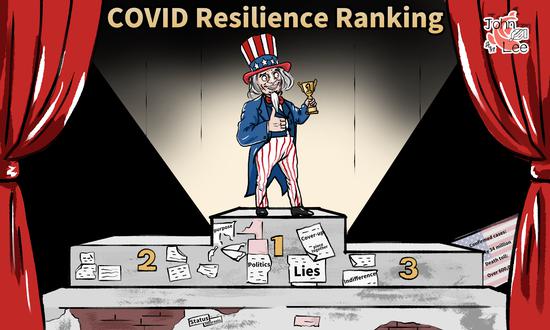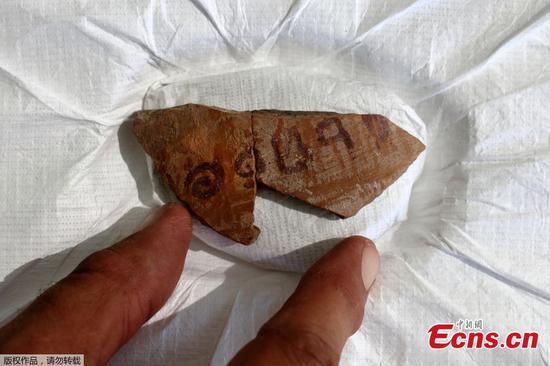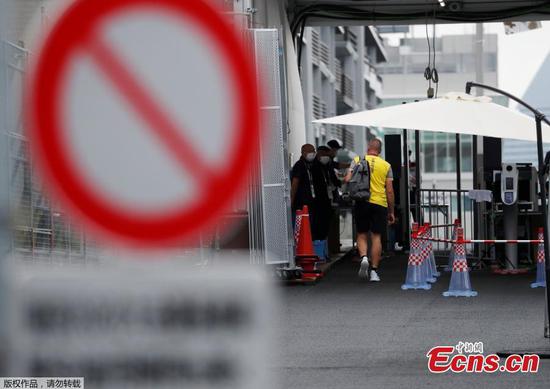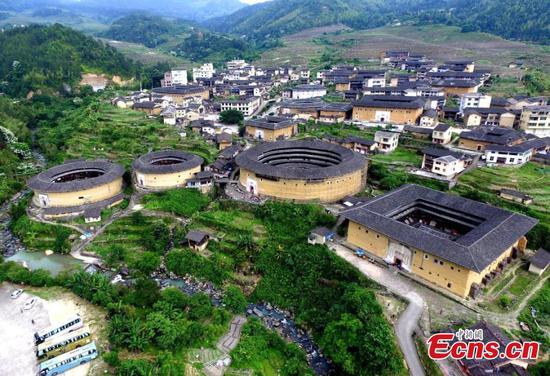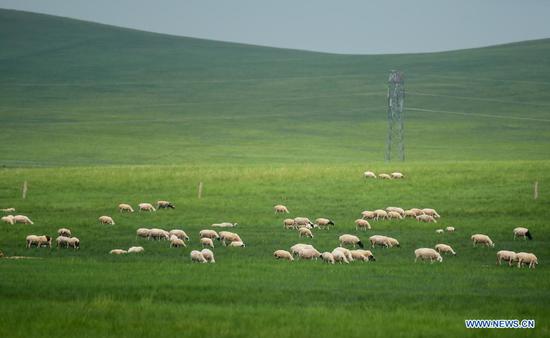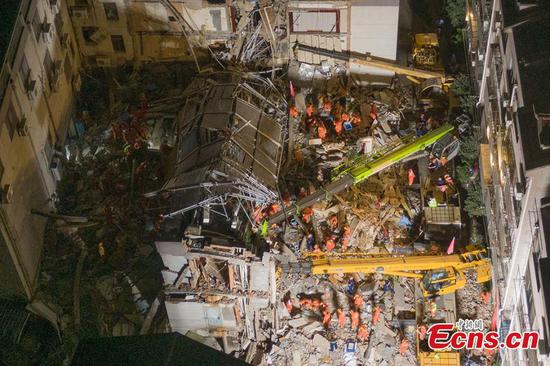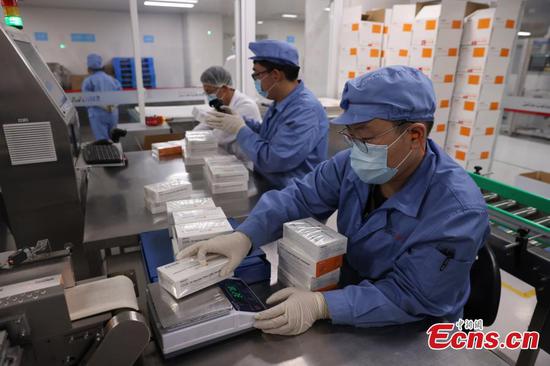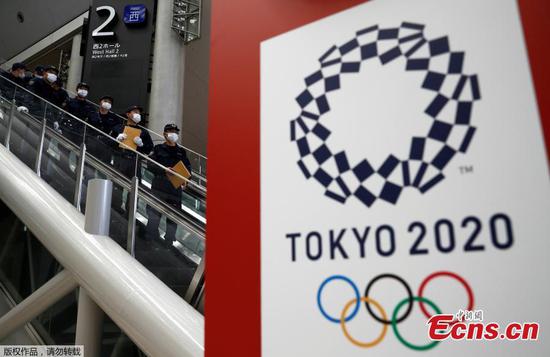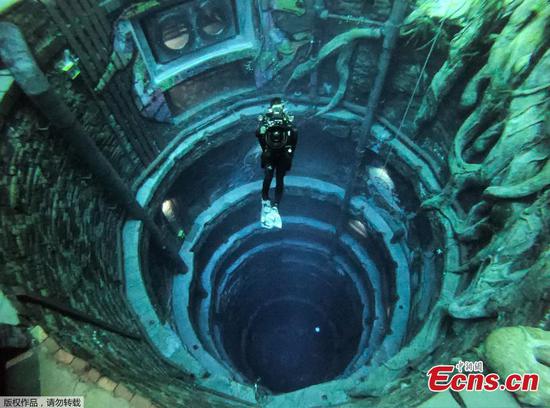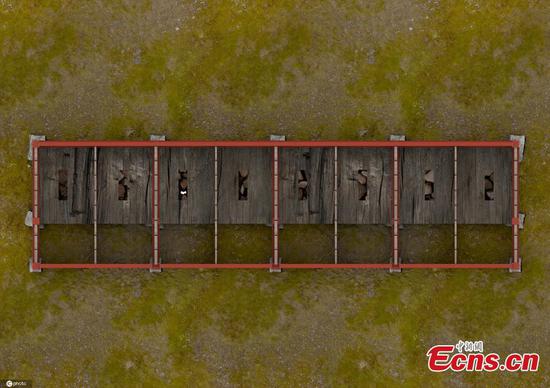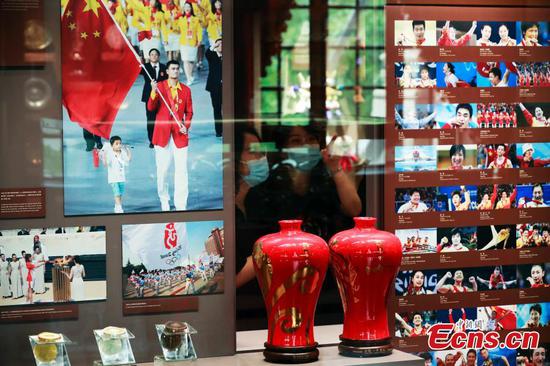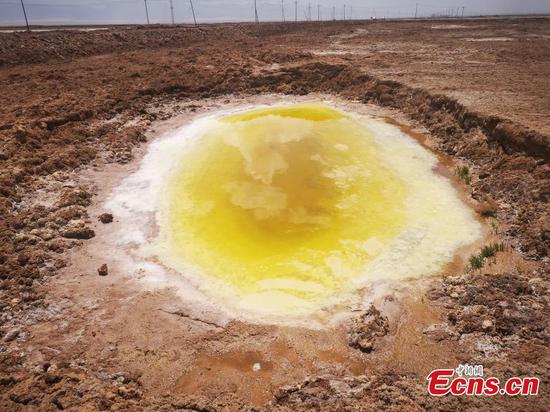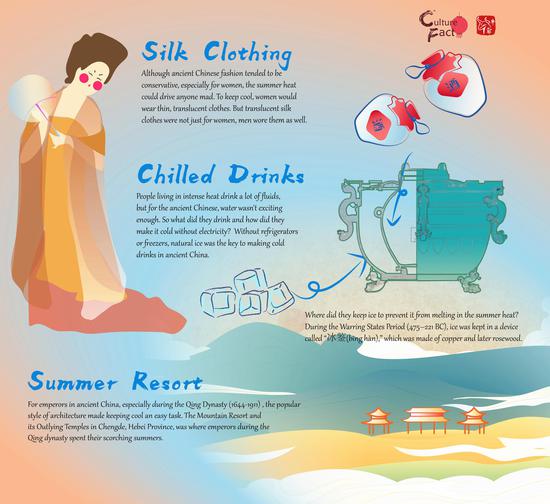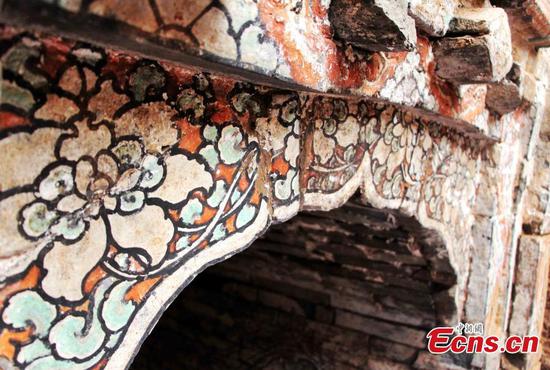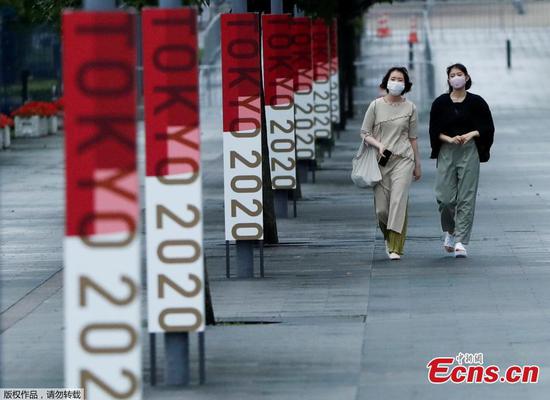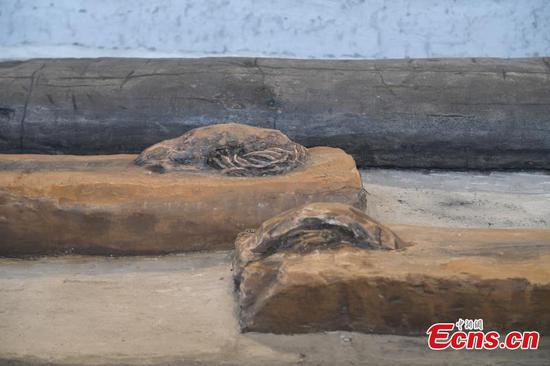III.Disorderly logic reveals the poor fabrication of the anti-China “cultural products” related to Xinjiang
If we gave a closer look at the “cultural products” fabricated by anti-China forces related to Xinjiang, we would find that most of them are far-fetched stories and irrelevant things pulled together with low quality and ill logic. They took the initiative by making unwarranted presumptions and accusations in works related to Xinjiang and upheld “presumption of guilty”. They even switched concepts and blurred boundaries. All these are manifestations of their ulterior motives and it has been made clear that there is nothing they wouldn’t do when it comes to smear Xinjiang.
For example, the so-called research report on The Karakax List: Analysis on the Detention Movement in Xinjiang, China claims that 311 people on the “list” once detained in vocational education and training center due to various reasons are from Moyu County, Hotan Prefecture, Xinjiang and all of them have overseas connections. According to the investigation, the vast majority of the 311 people on the so-called “Karakax List” are residents of Bostan Street, Moyu County. They have been working and living normally there. Only a few of them who were influenced by religious extremism or committed minor crimes have received vocational education and training in accordance with the law. And only 19 people of the 311 have overseas connections and these 19 people have never attended any kind of vocational education and training. At the press conference on Xinjiang-related issues of the Xinjiang Uygur Autonomous Region in February 2020, Haibai’er Maihesuti, resident from Bostan Street, Moyu County, Hotan Prefecture made a speech and disclosed all the lies made by the report.
Another example, the film Chinese Undercover makes up a Han Chinese undercover with the code name “Li”, who interviewed and shot videos secretly in Xinjiang. Through the presentation of the intelligent anti-terrorism technologies of Li’ang Technology in Xinjiang and secret shooting in the company, the film slanders the technological preventive measures in Xinjiang as China’s “digital authoritarianism”. As a matter of fact, government of Xinjiang installed intelligent equipment such as cameras in public places on main roads and transportation pivots to improve social governance and effectively prevent and combat crimes. These equipment are not aimed at any particular ethnic groups and they cannot automatically identify or target any group. The implementation of these equipment has greatly enhanced people’s sense of public security and enjoyed popularity among people of different ethnic groups. According to the gathered information, it is the general practice of the international community to apply modern technology and big data to improve social governance. As early as 2010, the number of monitoring cameras in the UK reached 4.2 million, covering almost all the avenues, alleys and expressways in the country, representing 25% of the world’s total back then. The city monitoring system built by NYPD covering all the corners of New York targets passersby and vehicles and traces the private information on their mobile phones. How come the same measures adopted in western countries are to “protect human rights”, while in China they are “in violation of human rights”?











